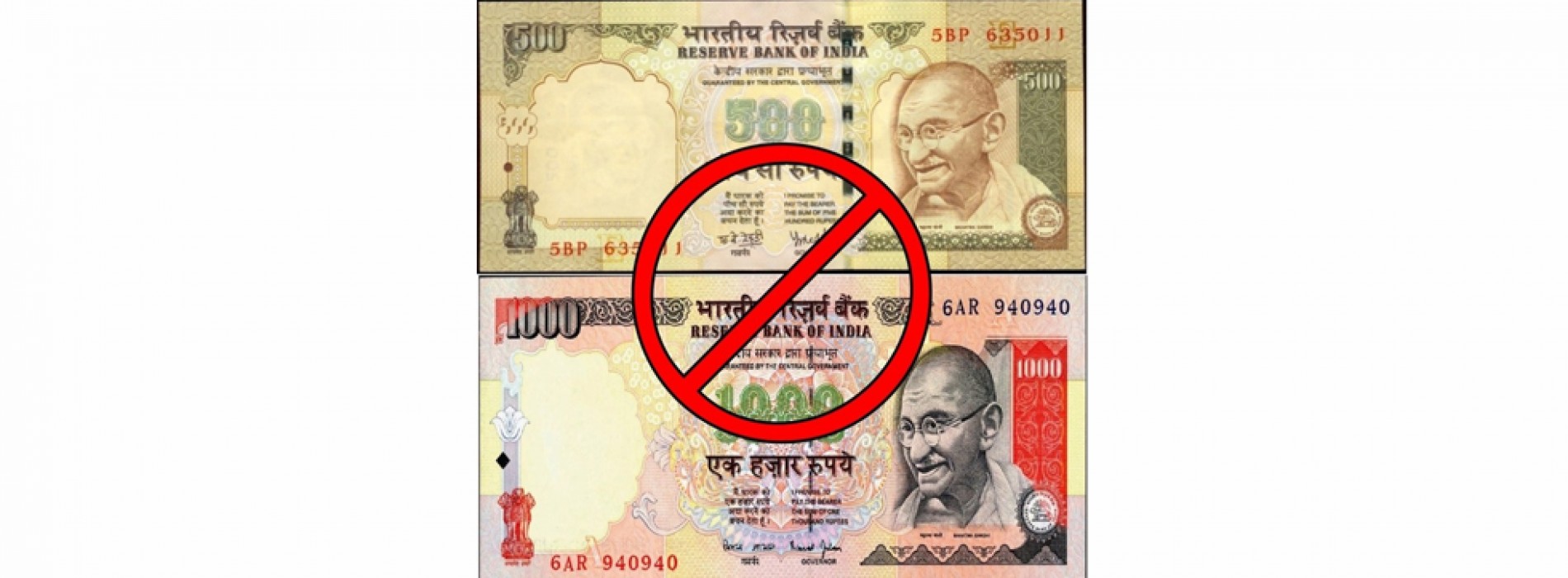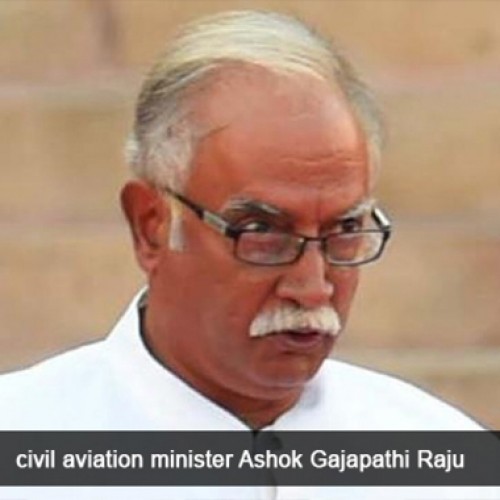Tourism industry bears the brunt of demonetization
The demonetization of INR 500 and 1000 notes is adversely affecting India’s Tourism Industry, particularly Inbound Tourism, as October to March is the peak Inbound season in India. Outbound travel has also been hit by demonetization. However, experts believe that demonetization will benefit the industry in the long-run as the use of cards and digital payment methods increases.
In a very startling and landmark move, India’s Prime Minister Narendra Modi on 8th November in the evening announced that all currencies in denominations of INR 500 and INR1,000 had been demonetized, and therefore, could not be accepted as legal tender from the next day. The move is aimed at cleaning the Indian economy from corruption, counterfeit currency and black money.
Because of the sudden implementation of demonetization, replacing demonetized currencies and getting new cash became extremely difficult. People are queuing in serpentine lines outside banks and many returning without cash as enough supply is not available to meet the demand. Demonetization of the old 500 Rupee and 1000 Rupee notes by Government of India is adversely affecting many sectors of the Indian economy including the tourism sector.
For the Indian Inbound tourism industry, the demonetization drive came at a very inappropriate time, as October to March is the peak inbound tourism season for India. This is the time when the most of foreign tourists visit India. The demonetization has adversely impacted their plans to visit the country. A few countries like the UK, US and France have issued advisories for the two-three months that is also discouraging foreigners from coming to India. India is predominately a cash economy, where more than 90% of all transactions are done in cash, and use of card for making payment is very limited. Because of the sudden implementation of demonetization, replacing demonetized currencies and getting new cash became extremely difficult.
Out of the blue decision of demonetization of high value notes has severely affected the stays of foreigners in India, many of whom find themselves stranded in the country because of difficulties in converting foreign currency into rupees. Their holiday experience have been spoiled due to the sudden demonetization move. They are unable to buy many stuff due to lack of Indian rupees. Tourists coming to India are facing problems in making payments and they have to queue up outside banks to get the local currency rather than enjoying their trips. This scenario is discouraging foreign tourists to come to India. TnH lists here some reactions from the industry on the demonetization:
Ritesh Aggarwal, Founder & CEO, OYO: We have been firm supporters of Startup India & Digital India programmes. The PM declaring surgical strike on counterfeit notes is no doubt a historic development. We welcome this move as it will deliver long-term benefits to the economy, with of course some inconvenience in the short term. As India’s first and largest tech enabled hotel brand OYO believes this move will also provide a huge push towards cashless economy. This development will result in lower real-estate pricing leading to more affordable hotels and rapid adoption of transparent practices.
Rohit Khetrapal, Co-Founder, Find- MyStay: As the country has gone cashless for the next two days with Prime Minister Narendra Modi’s announcement to remove 500 and 1000 rupee notes, it will shift the offline bookings in travel domain to online bookings but leisure travel will be slow over few days because of cash not available in the market that people need for food and transport etc. For example Goa doesn’t have Ola Uber and travelling is a challenge in absense of cash. Although, this is a revolutionary step to curb corruption .
Aditi Balbir, Founder & CEO, V Resorts: Demonetization is great news for startups. The move clearly points at the cash economy going away, what better news for the startups, most of which are online, or are moving online. In the short run, the spending will go down, but taking a long-term view, the economy will benefit. A cash economy results in a lot of leakage, which can be checked when transactions go online. From our business point of view, since we have a presence across India, in new destinations, we rely on a local vendors, and even before the ‘demonetization’, a few of these vendors were using apps like paytm and were registered online users. When the demonetization happened, I was travelling in the interiors of Maharashtra, I had no cash, but I encouraged and taught the taxi and auto rickshaw guys how to install and use online payment apps, and they easily, without cribbing made that transition.
You might also like
Easy Secrets Of car In The USA
Una volta che avete deciso i vostri tatuaggi e lo studio, siete pronti per realizzare il vostro nuovo tattoo. Something you can just toss on in the morning and go
Government unveils rules to tackle on-board disruptive and unruly behaviour by passengers with No Fly List
The Ministry of Civil Aviation unveiled rules to tackle on-board disruptive and unruly behaviour by passengers. Briefing the media in New Delhi, the Minister for Civil Aviation Shri P Ashok
Union Budget 2024: Insights from PHDCCI Tourism Committee
PHDCCI’s Tourism Committee Leaders Praise Union Budget 2024 for Boosting India’s Tourism Potential Anil Parashar, Chair – Tourism & Hospitality Committee, PHDCCI, stated, “We commend the government’s visionary approach in







